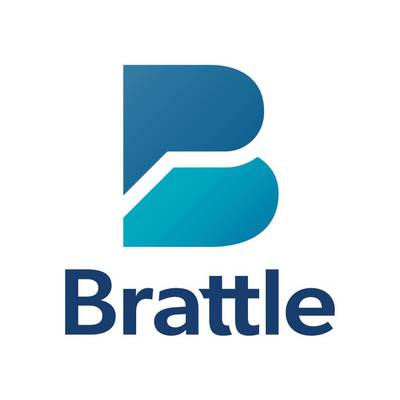LONDON, Dec. 13, 2018 /PRNewswire/ -- A new discussion paper authored by Brattle economists reviews the risks to the success of Great Britain's smart metering programme, relying on data that has become available during the first seven years of experience with the programme. Based on this review, the Brattle paper identifies pragmatic options for mitigating persistent challenges and advancing the programme in a manner that will increase the likelihood of consumer benefits nationwide.

The Brattle discussion paper addresses several unanticipated and fundamental challenges that have emerged since the smart metering programme's introduction in 2011. Most notable is the challenge of achieving significant adoption rates when deploying smart meters on a voluntary basis. The authors' analysis revealed that voluntary uptake may feasibly only reach 60% of the population and that customer engagement in energy management is lagging behind expectations. Combined, they estimate that these effects could lead to a net increase in costs for consumers, rather than the £5 billion in net benefits originally estimated by the Department for Business, Energy, & Industrial Strategy (BEIS).
"Successful smart metering rollouts in other countries have demonstrated that significant benefits can be delivered to consumers," noted Ryan Hledik, a Brattle principal and co-author of the discussion paper. "Some straightforward refinements to Great Britain's current deployment strategy could significantly improve the overall value of the programme."
To mitigate the programme's current challenges, the authors present in detail two distinct paths forward:
- The "Refocused Rollout" path concentrates the scope of the rollout on the most cost-effective customer segments, and reorients the programme toward deployment that is driven by customer demand. It maintains the programme's original focus on voluntary meter adoption.
- The "Default Deployment" path transitions to a model utilized in most international jurisdictions, where smart meters are treated as essential energy infrastructure. The meters are rolled out in a manner more closely resembling mandatory deployment.
The Brattle economists recommend, as a next step, an analysis that quantifies the extent to which each path would accomplish BEIS's policy objectives, and the likely impact of each path on the smart metering business case. It would also be useful to assess how various stakeholders, such as suppliers, vulnerable customers, and meter manufacturers, would be impacted by the changes.
The discussion paper, "Two Paths for Advancing Great Britain's Smart Metering Programme," is authored by Brattle Principals Ryan Hledik and Pinar Bagci, and Saurab Chhachhi, a former Brattle research analyst and current Ph.D. student at Imperial College London. Is it available to view on brattle.com.
The Brattle Group analyzes complex economic, finance, and regulatory questions for corporations, law firms, and governments around the world. We are distinguished by the clarity of our insights and the credibility of our experts, which include leading international academics and industry specialists. For more information, please visit www.brattle.com.
Logo - https://mma.prnewswire.com/media/320171/the_brattle_group_logo.jpg

